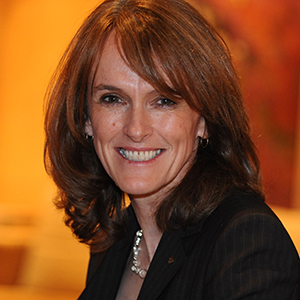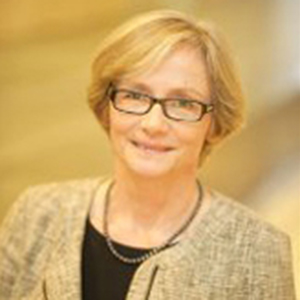
Advisory Committee
FLEET’s Advisory Committee helps the Executive Committee develop FLEET’s strategic plan, which sets out how the Centre will meet its goals, in particular in creating linkages with industry, academia and government.
The Advisory Committee:
- Reviews FLEET’s Annual Operating Plan
- Provides recommendations on financial management
- Provides recommendations on general management and operation, to ensure the Centre achieves its objectives
- Produces an annual report of strengths, weaknesses and opportunities.
FLEET Advisory Committee report
THE FLEET Advisory Committee commends FLEET for the high value scientific impact the Centre has achieved.
The creativity of FLEET’s activities is recognised: Prof Ellen Williams (University of Maryland) referred to the “chaos of creativity,” as she was struck by connections between the three very distinct research themes, each with a different time scale.
The Centre’s achievements in increasing the number of women in FLEET is recognized, as are FLEET outreach activities to high-school students and a measurable improvement in the participation of members in Centre mentoring programs.
Centre’s thoroughness in tracking its KPIs is complimented – Dr An Chen (Semiconductor Research Corporation) noted this is a difficult task for many international research centres.
Finally, the Centre’s remarkable commercialisation effort is recognised, with the Liquid-metal spin-off company.
Recommendations from the AC
- Tell the story. Regarding the priority of raising STEM literacy, it is important to make the connection between Centre’s research and real-world applications. FLEET needs to be able to tell the story, with evidence, to show the value of investment in FLEET research.
- Reach the kids early. The identification of gender roles and interest in STEM starts very early, and FLEET should look at outreach activities for kindergarten and primary school children.
- Evaluate risks. A risk-assessment plan based on various scenarios during the next Covid-normal phase is recommended, such as hibernating the program, re-focusing research areas, standing down or re-prioritising existing staff.
- Monitor impact. Laying out the theory of change around each impact to help define, monitor and measure the impact of Centre’s activities.
- Engage with semiconductor industry. Work on Centre exposure to Semiconductor Research Corporation type of companies. The nCORE research program at SRC would be a good starting point to establish links with foundries such as Taiwan Semiconductor Manufacturing Company and Samsung.
- Explore investment options. Engagement with venture capital firms would assist with finding investment for the new spin-off.
- Ensure success. In addition to mentoring women in FLEET, the Centre should make sure they have the opportunities to succeed and advance in their careers.
- Illustrate the ‘grand plan’. Devising a Gantt chart to illustrate the Centre’s story would give a picture of how the Centre evolves over time.
- Quantify success. For the next phase of FLEET, benchmarking the performance of proposed new technologies will be important – how they perform better than existing technologies. It will be important to obtain quantitative measurements. The industry is interested in learning what works, what does not and why.
- Consider device integration. In relations to energy efficiency, FLEET to think about both device and architecture side by side. Expertise from collaborators in areas of computing architecture should be sought.
- Develop publishing skills. Publishing-related workshops such as writing manuscripts and the process around peer-reviews for ECR career development.
- Evaluate training success. Determine the value of programs in place by obtaining feedback to find out if the provided training and mentoring has positive impact on outcome.
- Demonstrating the impact of the Centre’s efforts—in training, outreach, etc—should be the focus moving forward.
Advisory Committee Members

Prof Andrew Peele Director Australian Synchrotron, Australia

Dr An Chen Executive Director Semiconductor Research Corporation, IBM, USA
Nanoelectronics Research Initiative, USA

Dr Cathy Foley Chief Scientist CSIRO, Australia

Prof Ellen Williams Distinguished Professor University of Maryland, USA

Prof Luigi Colombo Fellow Texas Instruments, USA

Prof Joanna Batstone Director Monash Data Futures Institute

Prof Rebekah Brown Senior Vice-Provost (Research) Monash University